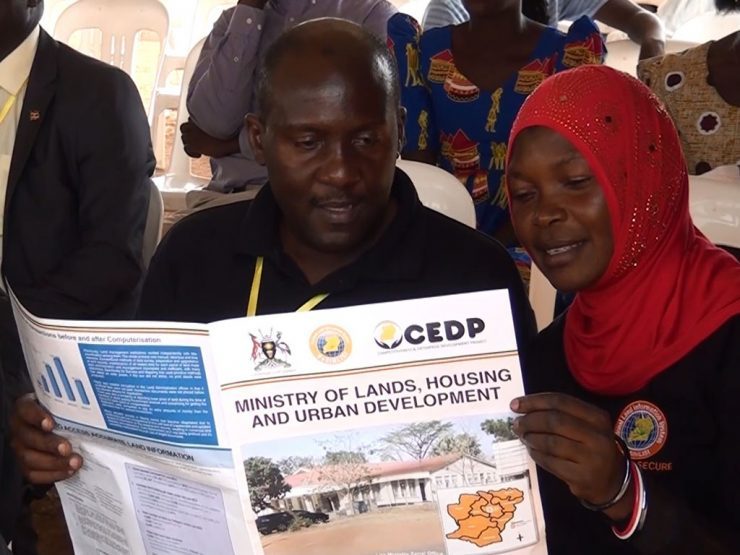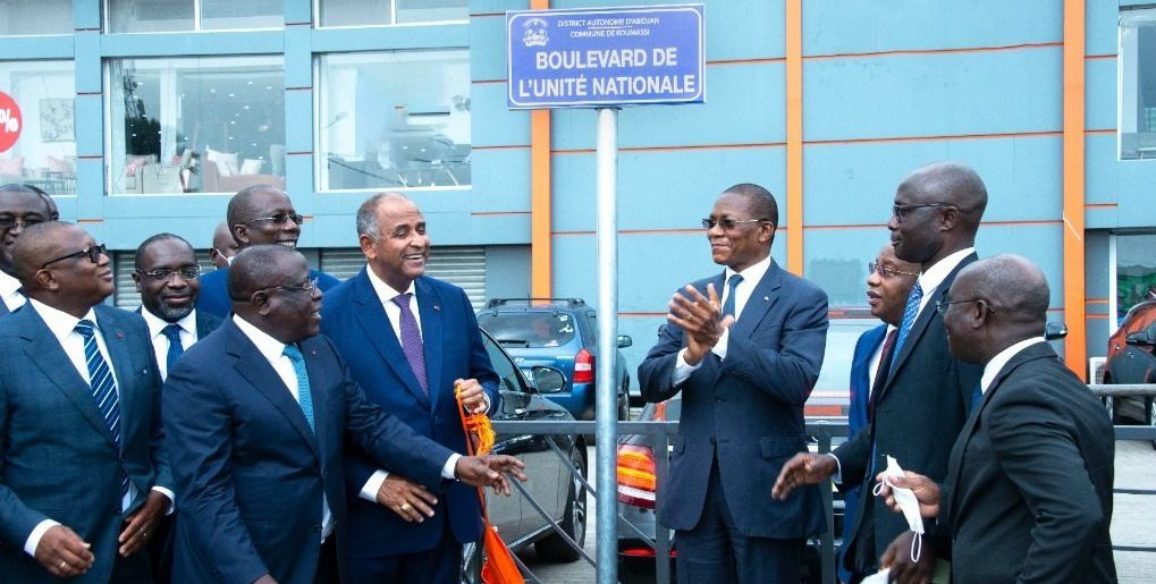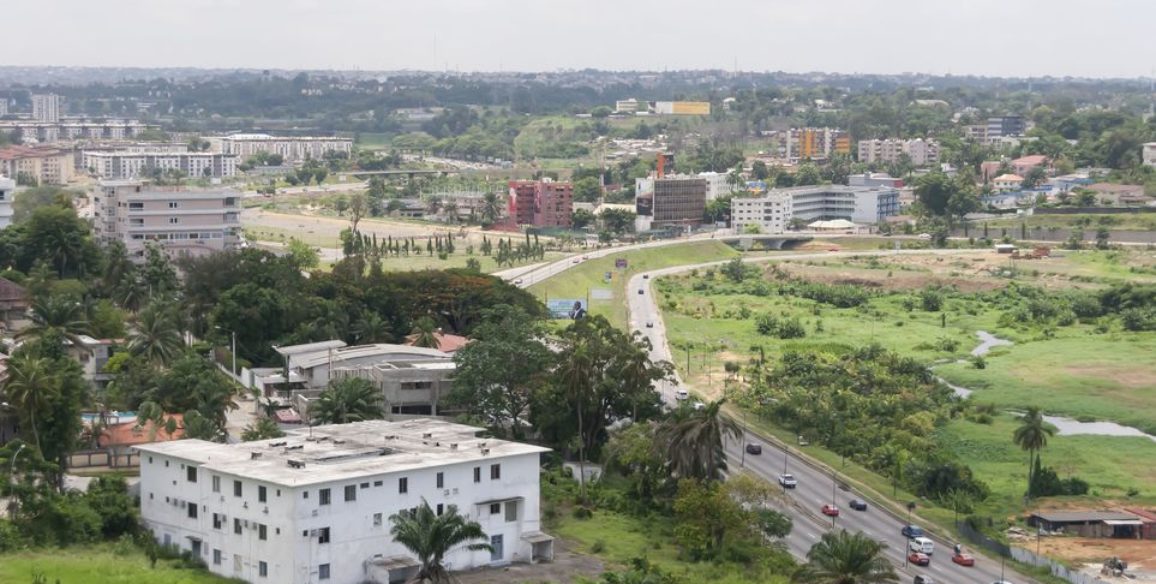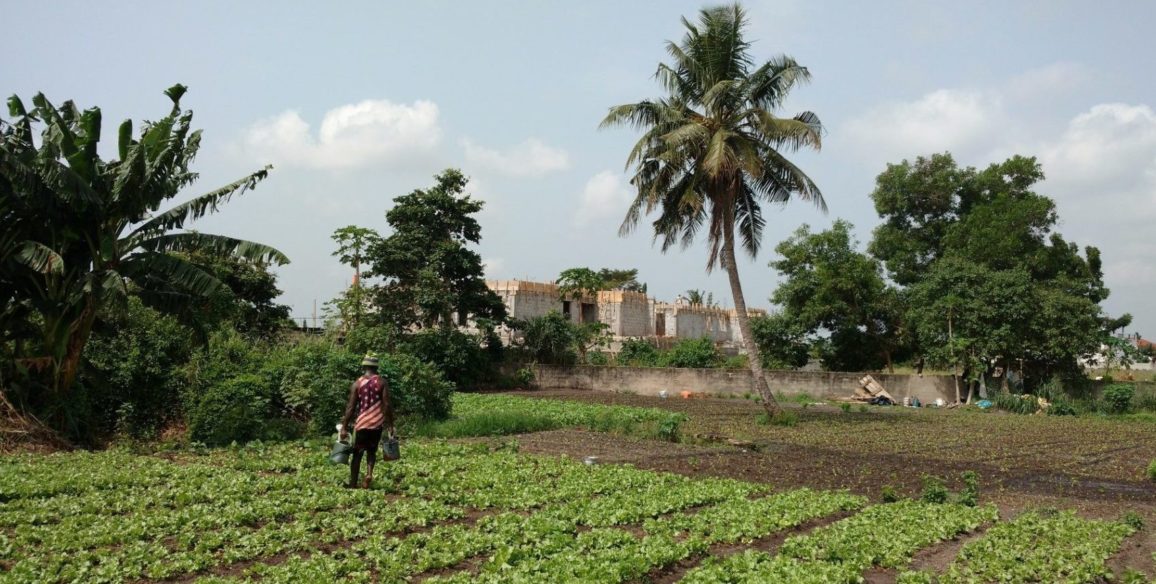DeSINLISI project: design, supply, installation, implementation of a land information system and securing of land records, UGANDA
Delays in the registration of titles, costs and faltering registration procedures for official documents, land insecurity present serious obstacles to the economic and social development of countries. A World Bank study showed that the average duration for title registration in Uganda was 270 days. It is within this context that Ugandan government wished to modernise its procedures.
From 2009 to 2014, IGN FI completed a World Bank pilot project (DeSILISoR: Design, Supply, Installation, Implementation of the Land Information System and Securing of Land Records) to secure property titles through the development of a tailor-made land information system for 6 Ministry zonal offices (Kampala, Mukono, Wakiso, Jinja, Masaka and Mbarara), as well as creating the National Land Information Centre. Today, the project is being rolled out on a national level.
The DeSINLISI Project has been undertaken for designing, supplying, installing a Land Information System (LIS) and securing land records. A World Bank Loan has been granted for implementing the LIS within the Ministry of Lands, Housing and Urban Development (MLHUD). This project is spread over a period of 3 years with an additional period of 2 years for Warranty and Support.
The project area covers the country’s entire territory as well as all its districts: twenty-one (21) cadastral zones serviced by Ministry Zonal Offices (MZOs), the National Land Information Centre (NLIC), the MLHUD Headquarters (HQ) both in Kampala and the Department of Surveys and Mapping (DSM) in Entebbe.
The project will set up and maintain the National Land Information System Infrastructure (NLISI) for 2 years and transform all remaining paper records into digital format. At the end of the project the NLISI will be composed of 21 MZOs located across the country which will work for professional or private clients. This will allow improved accessibility and availability of registration services for the population.
Context
Less than 80% of land in Uganda was registered and land governance was carried out manually for over a century. The system was therefore highly susceptible to inaccuracy and corruption. Despite the potential revenues, the land sector was severely under-resourced, resulting in delays, extremely poor service delivery and low levels of public confidence. The World Bank identified the challenges associated with land administration and registration in Uganda as a key obstacle to the improvement of competitive enterprise development in the country.
Main objectives and deliverables
The project’s objectives are to provide a secure, efficient, sustainable and cost effective land administration and registration system for the Republic of Uganda to improve service delivery in the land sector, facilitate enterprise development and strengthen public confidence in government.
Deliverables
- General reports: project inception report (PIR), project implementation methodology (PIM), project implementation plan (PIP), PIAC plan, quality assurance and control plan, monthly/yearly progress reports…
- Technical reports: methodologies, specifications, activity reports, quality reports, guidelines for each component.
- Final system architecture including software, hardware, runtime.
- All the documents (titles, maps, land administration document, job recorded jacket, etc.) converted in digital form and integrated in the system.
- LIS solution system documentation and user documentation for the LIS solution; training materials for the trainingprogram.
Key Figures
Software
- Open source / Web based /LADM / Web portal
Deployment – Materials to be bought/ installed:
- 21 MZOs, NLIC, DSM, MLHUD HQ
Data
- Land titles/ Freehold / Leasehold titles > 60,000
- Land administration records > 20,000
- Cadastral maps > 55,000
- Job recorded jackets > 6,000
- Physical planning and land valuation maps and records > 10,000
- Geological, soils and topographic maps > 2,000
Training/Capacity building
4 study tours in 5 countries
More than 300 people trained in basic computer skills – specialised training to use the new system – professional training – on-the-job training





